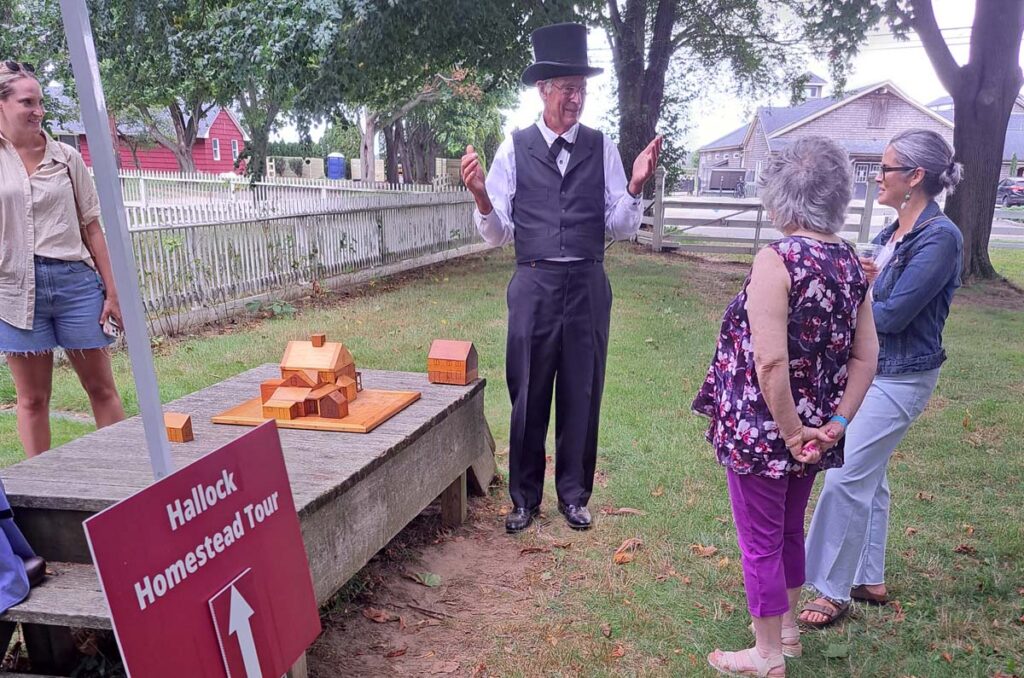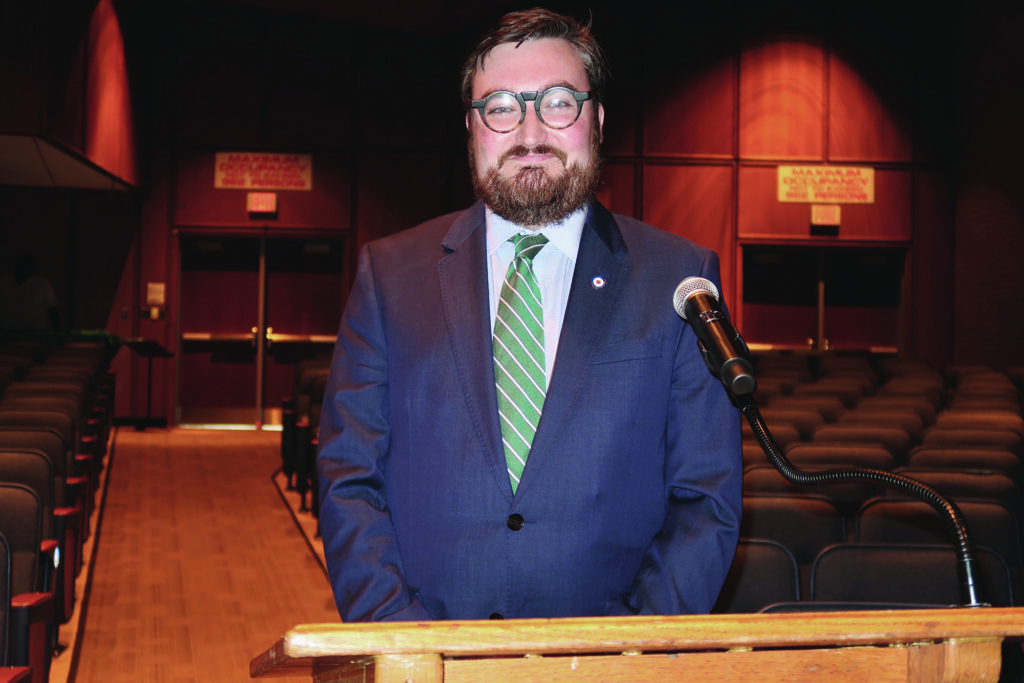Editorial: Gov. Hochul once again snubs Native history

In June, we published an editorial praising the New York State Legislature, and in particular Sen. Anthony Palumbo (R-New Suffolk), for the unanimous passage of a bill that restored state recognition to the Montaukett Nation.
The bill was co-sponsored by Mr. Palumbo and Assemblyman Fred Thiele (D-Sag Harbor). In that editorial, Mr. Palumbo summed up his feelings about the passage this way: “Once in a while we can feel good about this business.”
What the bill did was straightforward. It was no handout. Quite simply, it restored what had been taken from the Montauketts in 1910 by a state Supreme Court justice named Abel Blackmar when he ruled the Montauketts were “extinct” and had no valid claim to the land they had lived on for thousands of years. The ruling was a gift to the real estate industry on the South Fork.
On Friday, Nov. 17, New York Gov. Kathy Hochul vetoed this bill. It was the fifth time a bill restoring the Montauketts’ state recognition has been vetoed: three times by former governor Andrew Cuomo, twice by Ms. Hochul. To further the slap in the face to the Montauketts — and to New York history — she put her pen to the veto during November’s National Native American Heritage Month.
Both Mr. Palumbo and Mr. Thiele were blunt in their criticism of the veto. “Instead of forging a better tomorrow for all of New York’s Native American people, Gov. Hochul has cruelly decided to once again veto my bipartisan legislation to rightly return state recognition to the Montaukett Indian Nation,” Mr. Palumbo wrote Monday in an email.
“Sadly, the governor’s timing of her veto during Native American Heritage Month displays a complete lack of compassion for the pain and discrimination the Montauketts have endured for over a century,” he added.
In his comment to The New York Times, Mr. Thiele said it was “outrageous” that the governor cited “one of the most racist decisions” in state jurisprudence as the underpinning of her veto. The Times also pointed out that Ms. Hochul froze the bank accounts of the Seneca Nation in western New York in a dispute over gambling revenues — and then, when the money was handed over, used it to help pay for the Buffalo Bills’ new football stadium.
In the 1910 court case, Wyandank v. Benson, Judge Blackmar — looking out into a Riverhead courtroom filled with Montaukett people — ruled that they no longer existed as a nation. They were “extinct,” he said.
In an overtly racist comment, the judge said of the Montauketts seated in front of him that “their blood [had become] so mixed that their Indian traits were obliterated.” Their livelihoods consisted of “working in some menial capacity for the whites.”
With the stroke of his pen, Judge Blackmar erased the Montauketts’ state recognition, which meant they had no valid claim to the land where they’d lived and buried their dead for thousands of years — the very land coveted by developers.
At Cutchogue Cemetery, toward the back on the east side, is the grave marker of David Hannibal. He was born in 1856 and died in a shack on Fleet’s Neck in Cutchogue in 1936. He was a Montaukett. It is a good guess that he was in Judge Blackmar’s courtroom that day and heard that he didn’t exist.
There are other Hannibals in Southold Town history, which for too long has been Eurocentric, ignoring the contributions of people who didn’t look like the Europeans who began to arrive in 1640..
In 1764, a group of Southold Natives begged state government for the return of a tract of land in Southold that had been reserved exclusively for their use a century before. Seventeen Natives signed the petition to the state, four of whom had the Hannibal surname.
Their petition went nowhere — just like the Montauketts’ recognition bill has gone nowhere. Native history has for too long been ignored or simply pushed aside in favor of other narratives. On Nov. 17, Gov. Hochul made that failure even worse.








